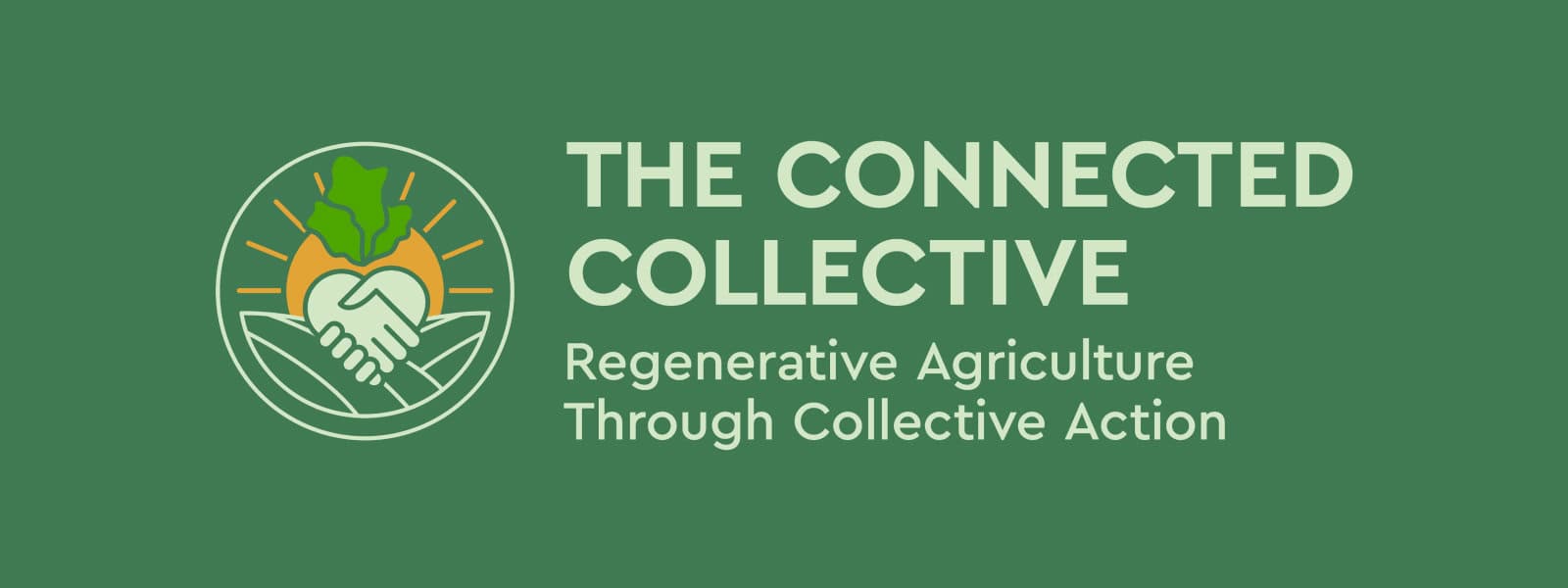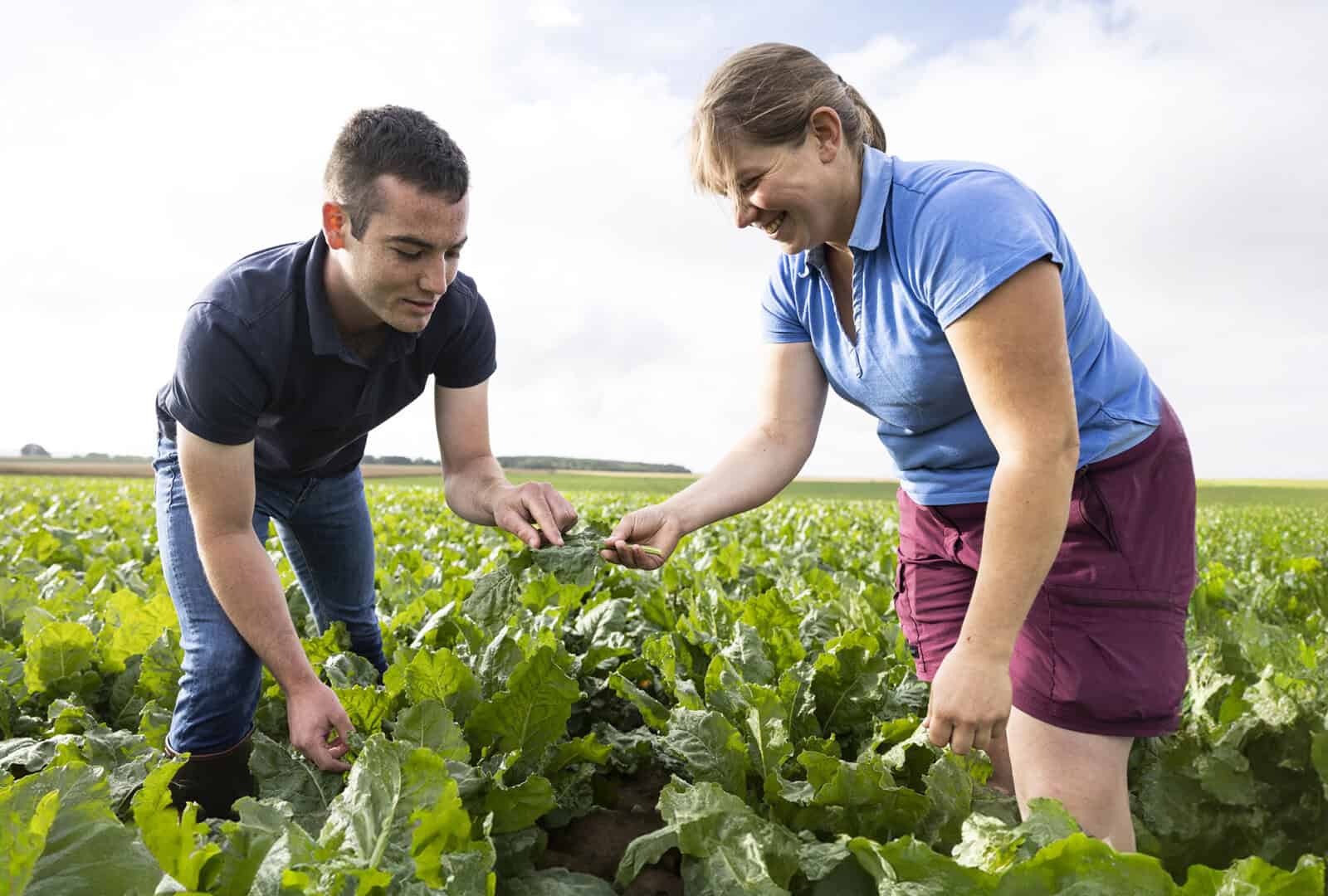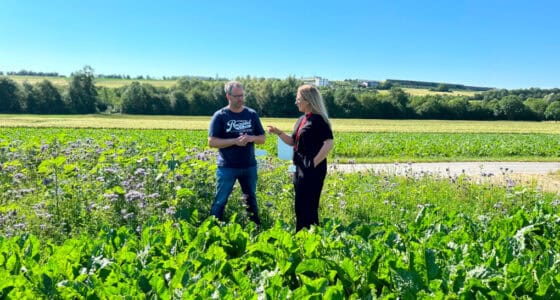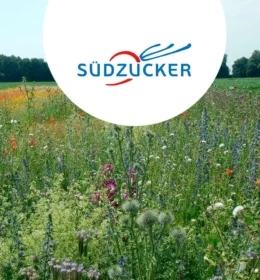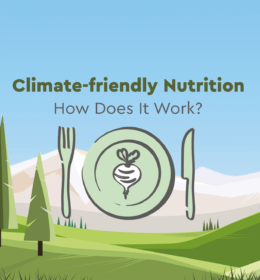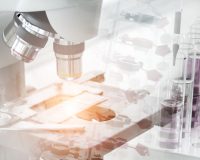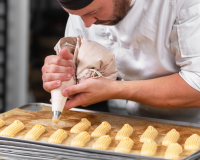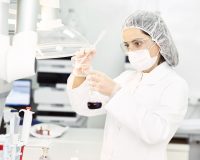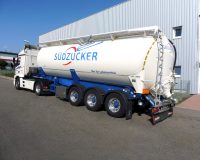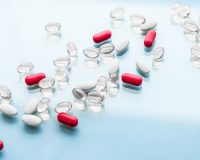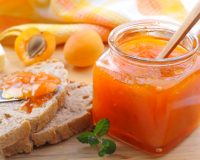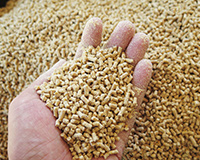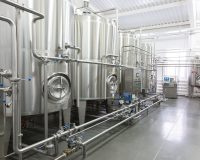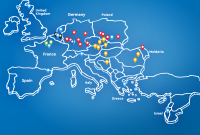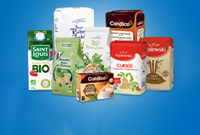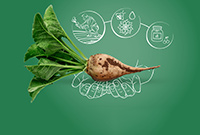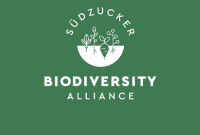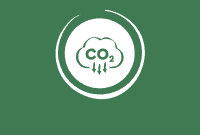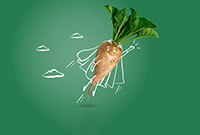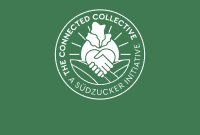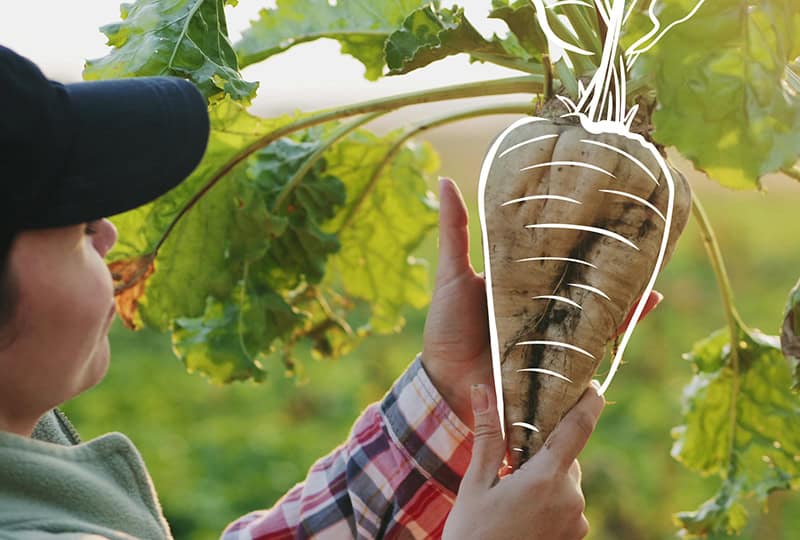
How Südzucker’s Sugar Division Promotes Regenerative Agriculture
Südzucker Group has set its SBTi targets, including a commitment to reducing Scope 3 emissions by 30% between 2018 and 2030. As a fully integrated part of Südzucker Group, the Sugar Division contributes to these sustainability goals. Besides the Scope 1 and 2 reductions implemented in our production process, we are pursuing a farmer-centric approach based on regenerative agricultural practices to achieve these goals for Scope 3.
Together with our farmers, we began implementing sustainable farming practices at a very early stage, such as reducing the use of mineral fertilisers and reducing total fertilisation.
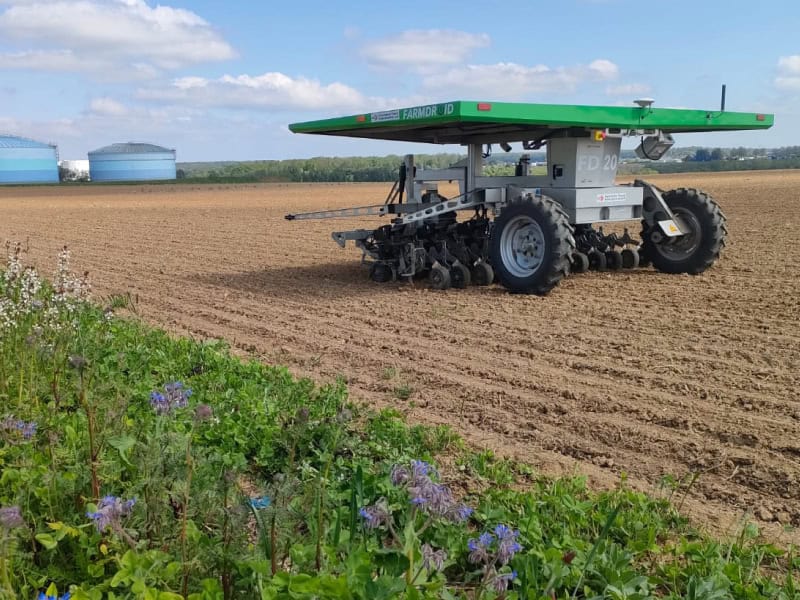
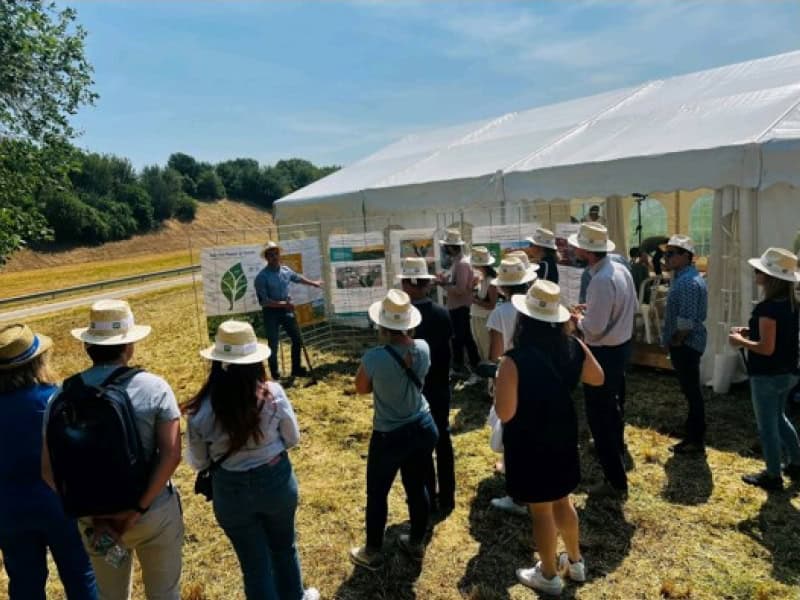
However, we all face challenges in the process of this agroecological transition. Not only is climate change already making it more difficult to grow crops and secure harvests, but long-term ROI concerns, such as upfront costs and uncertain returns, are discouraging the adoption of more sustainable farming practices.
Introducing ‘The Connected Collective’
We believe that making agriculture more resilient to these risks is a collective responsibility that involves the entire value chain. That is why we have launched an initiative called ‘The Connected Collective’.
Through ‘The Connected Collective’, we support our farmers in implementing regenerative farming practices based on transparency and actionable strategies backed by scientific evidence of our results.
Our step-by-step approach aims not only to maintain yields, but also to reduce the CO2 footprint of our operations.
Experience ‘The Connected Collective’ at the Climate Smart Food Digital Summit
You can become part of our ‘The Connected Collective’ initiative and join our efforts towards a more sustainable future. Geert Van Aelst, Head of Sustainability at Südzucker Sugar Division, presented ‘The Connected Collective’ at the Climate Smart Food Digital Summit on 24-26 September. The event, hosted by FoodNavigator, focused on decarbonising supply chains, green production and innovative technologies for a sustainable future.
Geert also participated in a panel on future-proofing cocoa, coffee and sugar against climate change.
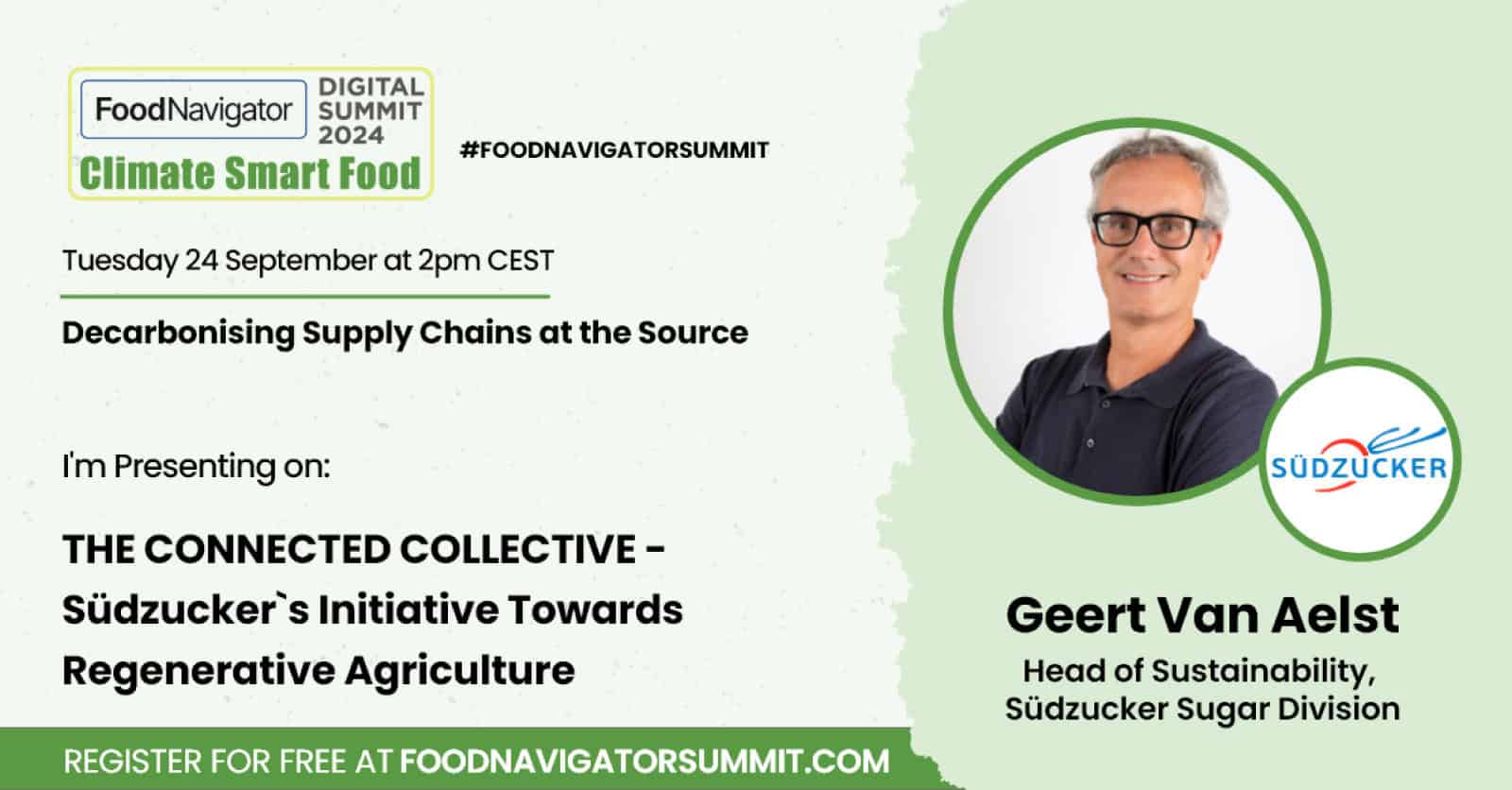
You can download Geert Van Aelst’s presentation here.
Discover our Technical Papers
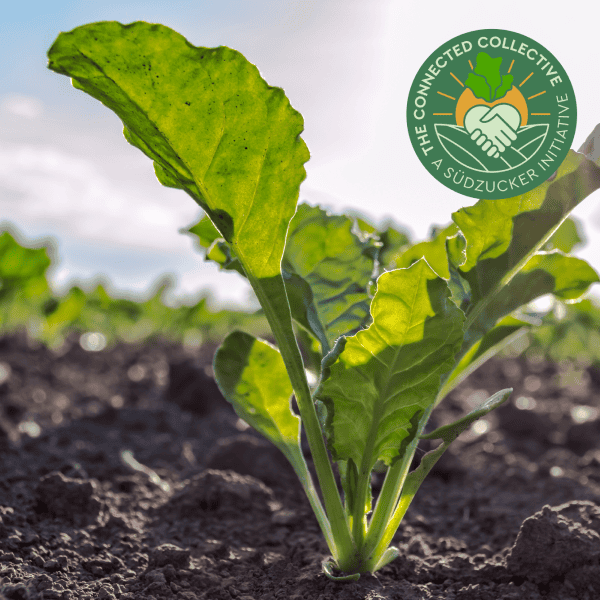
Partnering in Regenerative Farming
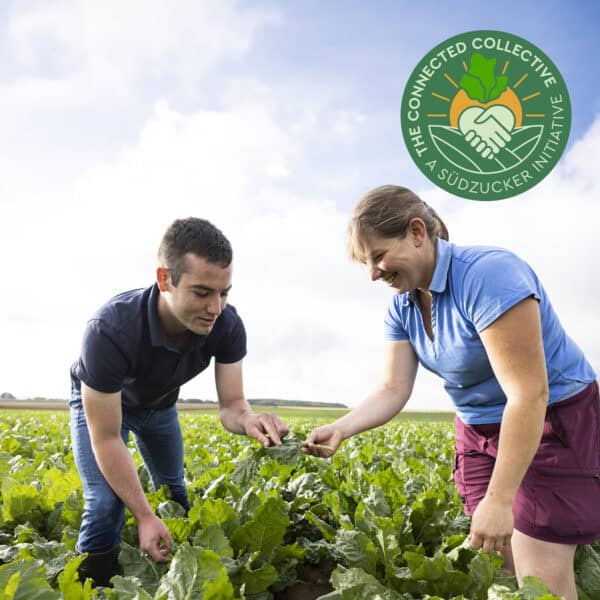
The Mont Blanc Programme
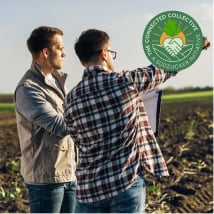
Case Study Climate Farming Project

